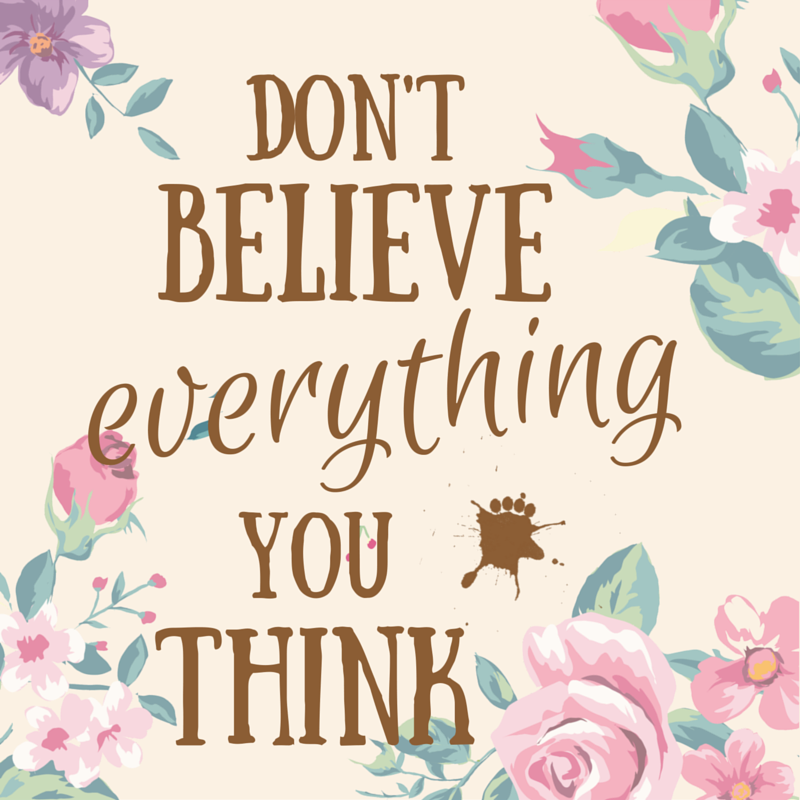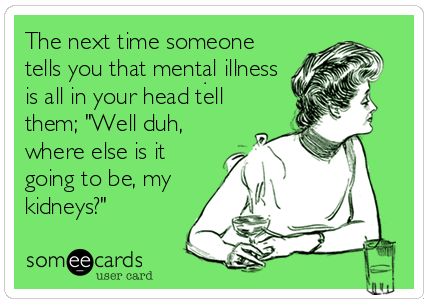Learning to take care of yourself, understanding which coping strategies work for you and what kind of support systems you need is critical on the path to managing and living with mental health issues. And, as we can all likely agree, it isn’t a one-size-fits-all kind of solution. Each person has a unique set of strategies and support that works specifically for them. For some it’s therapy, others it’s exercise, journaling, meditation, having honest conversations with friends, being gentle with yourself, etc etc. So whether you’ve perfected your recipe of self-care or are still in the process of figuring it out, we’d like to share a few tips from our experience as AiT Contributors in each of these areas. This week, we’re interviewing AiT Contributor Katie Haddad. Join us from some real talk and insights from this college student and writer:
AiT: Tell us about your mental health story, how did it begin?
 KH: My mental health story started about 4 years ago when my grandpa passed away. My high school career was halfway over and he was my biggest supporter. He would always tell me how proud he was of me and that was my motivation to keep doing good in school, and once he was gone, so was my motivation. High school was definitely a rough patch for me. I was made fun of and teased a lot. I came out as a lesbian towards the end of my junior year and that made things even harder for me. I come from a small town and a small school where everyone knows everybody. I was judged a lot for being different. All of these things together ultimately led to the anxiety and depression that I have today.
KH: My mental health story started about 4 years ago when my grandpa passed away. My high school career was halfway over and he was my biggest supporter. He would always tell me how proud he was of me and that was my motivation to keep doing good in school, and once he was gone, so was my motivation. High school was definitely a rough patch for me. I was made fun of and teased a lot. I came out as a lesbian towards the end of my junior year and that made things even harder for me. I come from a small town and a small school where everyone knows everybody. I was judged a lot for being different. All of these things together ultimately led to the anxiety and depression that I have today.
AiT: What are some of the most common symptoms you experience with your mental health issues?
KH: One of my most common symptoms I experience with my mental health issues is a random, overwhelming feeling of anxiety. I could be sitting watching TV or I could be working and suddenly I get this feeling of anxiety. It’s not like a normal worry, it’s full blown anxiety attack over usually something small. Another symptom would be frequent bouts of depression. I have periods of time where I get extremely depressed and can’t even make myself get out of bed until I absolutely have to. Another common symptom is irritability. I’ll have days where I’m fine, but then I have other days were even the slightest thing makes me mad.
AiT: What have you found helps the best?
KH: Quite ho nestly, I haven’t really found what helps the best. People will tell me to “oh just relax,” but I literally can’t “just relax.” Sometimes it helps me to just take a step back from what I am doing and just focus on me. I take a step back and breathe and try to get my mind under control. I learned something in counseling called heart breathing. You focus on one thing that makes you happy and focus all your breathing to your heart. Sometimes that helps me, but other times it doesn’t. I wish I could find more things that help me, but it’s proving to be very challenging.
nestly, I haven’t really found what helps the best. People will tell me to “oh just relax,” but I literally can’t “just relax.” Sometimes it helps me to just take a step back from what I am doing and just focus on me. I take a step back and breathe and try to get my mind under control. I learned something in counseling called heart breathing. You focus on one thing that makes you happy and focus all your breathing to your heart. Sometimes that helps me, but other times it doesn’t. I wish I could find more things that help me, but it’s proving to be very challenging.
AiT: What have you tried before that didn’t work?
KH: One strategy that I have tried is to relax and take a breather and tell myself that everything is going to be okay. This helps to an extent, but then I go back to thinking that nothing will ever go right for me. I try to color when I feel stressed or anxious, but I always give up halfway through because I will get bored of it. It never really worked for me because I had so many thoughts in my head I was never really sure to start writing. I’ve tried various different things that just don’t end up working out for me, but I have confidence in myself that I will find something that actually helps me.
AiT: What were some barriers to finding the right mix of tools?
KH: The major barrier for me in finding the right mix of tools has been time. I never have enough time to do anything. During the summer I’m usually always busy with work and during the school year, I’m trying to keep my grades up. Another barrier is lack of motivation. Recently I have no motivation to get things done. I have been slacking a lot and find it hard to get daily tasks done. Time management and motivation are my two biggest barriers.
AiT: What do you know now that you wish you knew then?
KH: I wish I knew that it was okay to ask for help and that it doesn’t make you weak. Admitting you have a mental health issue and asking for the help that you need and deserve makes you so immensely strong. Your mental health issue doesn’t define you. You are strong and you are brave. Be proud of being different, don’t feel ashamed. I wish I knew how easy it was to get help, or else I would have asked for help a long time ago. Having a mental health issue doesn’t mean you’re that much different from other people, it makes you the unique person that you are.
By: Solome Tibebu and Katie Haddad, Anxiety In Teens Contributors